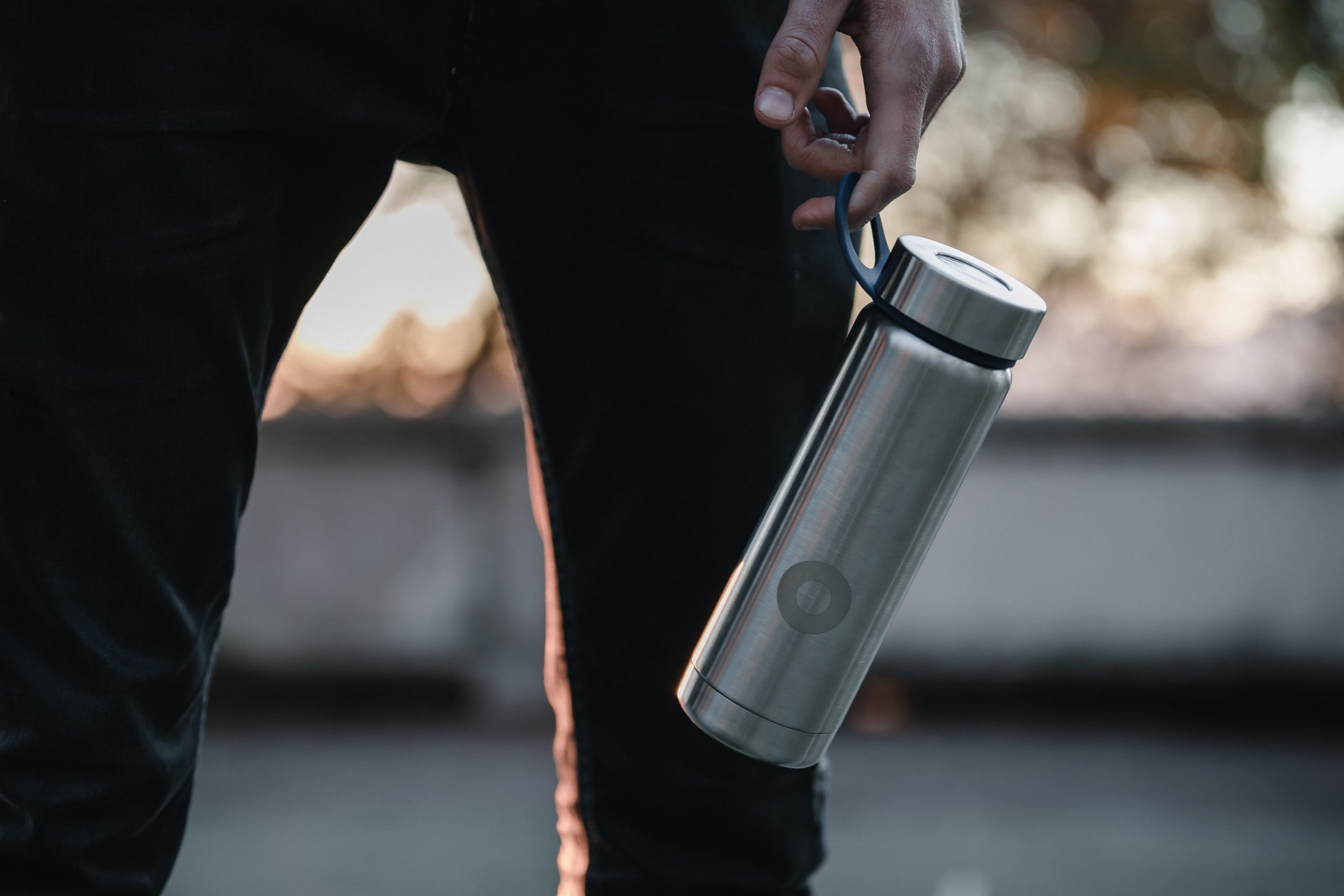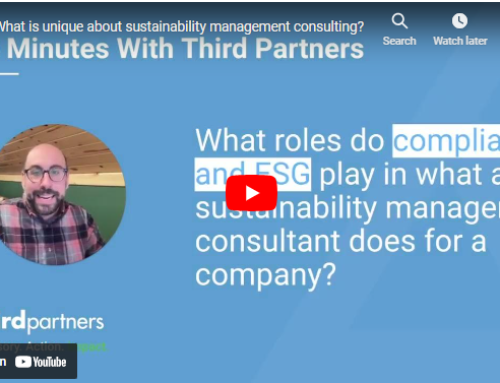
In some cases, the “green” option is actually not green at all and can actually be worse for the environment. Below are 4 common green pitfalls:
1. Constantly buying new reusable items
People often recommend buying reusable items such as bags, mugs, and water bottles as environmentally friendly alternatives to disposable products. However, constantly buying new reusable items is actually worse for the environment that just using a disposable alternative. The environmental benefits of reusable items only become apparent if they are reused enough times to outweigh the carbon footprint of its disposable alternative. According to the Institute for Lifecycle Energy Analysis, it takes about 49 uses of a ceramic mug to outweigh the carbon impact of a paper cup.
2. Using e-billing or paperless billing
People often think that paperless billing automatically reduces their environmental impact. And why shouldn’t they? However, The Pay it Green Alliance, reports that by switching to electronic bills, statements, and payments, the average household can save 6 pounds of paper, avoid producing 29 pounds of greenhouse gas emissions, and 23 pounds of wood. While it is true that e-billing uses less paper, your e-billing choice uses grid energy to power servers & devices. An overwhelming majority of grid energy is supplied by fossil fuels, which are a significant factor contributing to climate change. Depending on how your energy is supplied, it may be better for the environment if you stick to traditional billing processes.
3. Focusing only on recycling and waste
Many people believe that sustainability is about one thing: minimizing trash and recycling everything you can. At an early age we learn that waste issues are synonymous with the environment. Children are frequently told to not litter, eat everything on their plates, and take an extra second to make sure recyclables are put in the proper bin. However, just because you recycle does not mean that you are living sustainably. Your travel and energy use decisions are equally (if not more) important than what you do with your aluminum cans. To learn more check out our blog post on this concept.
4. Purchasing any product that is labeled eco-friendly without researching its claims
“Greenwashing“ is a term that refers to the marketing practice of applying “eco-friendly“ claims to products to make them more appealing to environmentally conscious consumers. Several activities, commonly referred to as the 7 deadly sins of greenwashing, mislead consumers about the environmentally friendly claims of a company’s products. In order to create transparency in the world of “green” marketing, the Federal Trade Commission’s Green Guides were designed to help marketers avoid these seven deadly sins. The guidance they provide includes:
- General principles that apply to all environmental marketing claims
- How consumers are likely to interpret particular claims and how marketers can substantiate these claims
- How marketers can qualify their claims to avoid deceiving consumers
Reviewing the FTC’s Green Guides is a great way to educate yourself about what “green” claims a company can make about their products. Keep in mind that even the products that have legitimate environmental claims, while they may be better than most products available, the solution to environmental issues isn’t buying more stuff. Be selective.



